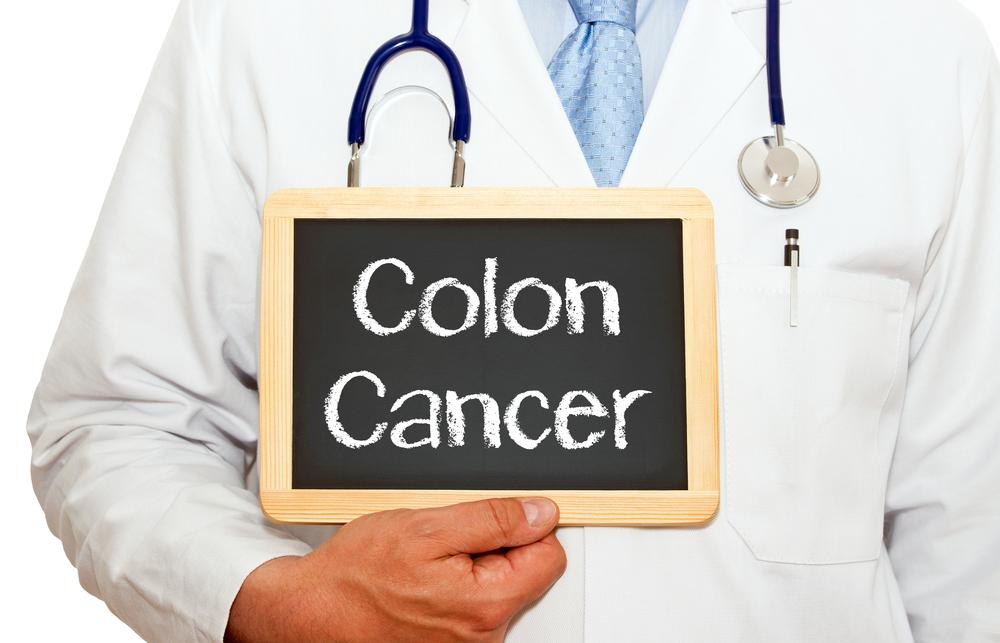
Symptoms Linked to Colon Cancer
Colon cancer affects the colon or the rectal region of the human body. The colon is an extension of the large intestine. It is a tubular and muscular organ that is about four-feet in length. It is connected to the anus via the rectum. The colon performs some vital functions, like digesting and absorbing nutrients, to produce feces and absorb electrolytes and fluid. The storage and expulsion of feces are controlled by the colon.
Colon cancer occurs when a malignant tumor is formed in the interior wall of the large intestine. If not provided with proper treatment, colon cancer spreads to the nearby organs and lymph nodes. Moreover, if left unattended, the cancer can also spread to other organs, such as the brain, liver, lungs, and bones. Cancer absorbs nutrients and oxygen from healthy tissues, organs, and cells, and grows at a rapid pace. The aggressive nature of this disease makes it imperative for us to be aware of its symptoms, stages, and treatments.
Stages of colon cancer
Colon cancer has four distinct stages. If the disease is detected during the early stages, chances of recovery are higher. But, as it progresses to the latter stages, cancer becomes severe and aggressive. Hence, the stages and treatments for colon cancer are interrelated. The four distinct stages are:
Stage 1
Cancer has breached the mucous membrane of the colon, but it is yet to reach the walls of the organ.
Stage 2
In this stage, cancer has reached the colon walls, but the nearby tissue and lymph nodes remain unaffected.
Stage 3
Some of the lymph nodes may have been affected by cancer, but it is yet to spread to the other organs.
Stage 4
Other organs, such as the lungs, brain, or liver may start to get affected as well.
Symptoms of colon cancer
The symptoms associated with colon cancer can often be misleading because they can also be caused by less serious conditions, such as bowel diseases, hemorrhoids, and infections. One should be aware of the stages and treatments for colon cancer so that they can seek medical assistance immediately. Some of the symptoms include:
- Constipation, diarrhea, and other bowel-related complications that last for more than a few days
- Black stools along with some blood can be noticed
- Severe stomach ache
- Loss in weight.
- Tiredness and fatigue
More than often these symptoms start to show only after cancer has spread. As a result, it is essential to get yourself checked for colon cancer. Cancer screenings can prevent cancer by getting rid of the polyps, growths that appear before cancer.
Colon cancer can be best dealt with if detected early. Once cancer spreads outside the colon and affects other organs, it becomes difficult to treat the condition. Your physician should be aware of the stages and treatments for colon cancer. Get in touch with them for a checkup and undergo the necessary tests to ensure your safety and wellbeing.


